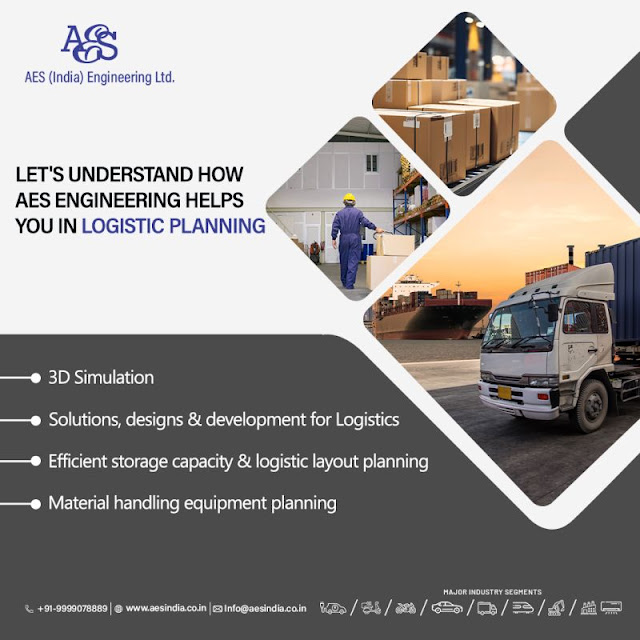Common Challenges Associated With Implementing Turnkey Material Handling Solutions
Material handling is an essential component of modern manufacturing and logistics operations. Turnkey Industrial material handling solutions are becoming increasingly popular, as they offer a comprehensive approach to handling materials, from the initial design stage through to implementation and ongoing support. However, implementing turnkey material handling solutions can present a range of challenges.
In this blog, we'll explore some of the most common challenges associated with implementing turnkey material handling solutions and offer some tips on how to address them.
● Limited Space:
One of the most common challenges associated with implementing turnkey material
handling solutions is limited space. Many manufacturing facilities are
constrained by limited floor space, which can make it difficult to install
equipment and systems. To address this challenge, turnkey providers must be
innovative in their approach, and work closely with clients to design solutions
that maximize the available space.
● Complex Integration: Turnkey material handling solutions often involve the complex
integration of multiple systems, including conveyor systems, automated storage
and retrieval systems, and robotics. This can be a daunting task, particularly
when different systems are supplied by different vendors.
● Safety Concerns: Material handling operations can be dangerous, particularly when heavy
equipment is involved. To ensure the safety of workers, turnkey providers must
carefully design solutions that take into account the unique safety concerns of
each facility. This may involve implementing safety features such as barriers,
sensors, and warning systems, as well as providing comprehensive training to
staff.
● Scalability:
Turnkey material handling solutions must be designed with scalability in mind,
as businesses grow and expand over time. This can be a challenge, as it's
difficult to predict how a business will evolve in the future. To address this
challenge, it's important to work with a turnkey provider who can design solutions
that are easily scalable and can be adapted to meet changing needs.
● Maintenance and Support: Turnkey material handling solutions require ongoing
maintenance and support to ensure they operate effectively and efficiently over
time. This can be a challenge, particularly for businesses with limited
resources. To address this challenge, it's important to work with a turnkey
provider who can provide comprehensive maintenance and support services,
including training and technical support.
● Project timelines: Turnkey material handling solutions often have strict project timelines
that must be met to avoid delays or disruptions to production or operations.
This requires careful planning, coordination, and communication between all
stakeholders involved in the project.
● Equipment compatibility: It's important to ensure that all equipment used in the
turnkey material handling solution is compatible and works seamlessly together.
This requires careful selection and integration of equipment, as well as
thorough testing and troubleshooting to identify any issues that may arise.
● Safety and regulatory compliance: Turnkey material handling solutions must comply with safety regulations and standards, which can be complex and vary by industry and location. It's important to ensure that all equipment and systems meet safety standards and that employees are properly trained in safety procedures.
In conclusion, implementing turnkey material handling solutions can present a range of challenges, from limited space to complex integration to safety concerns. However, with careful planning and the right approach, these challenges can be overcome. By working with an experienced and skilled turnkey provider, businesses can design and implement material handling solutions that meet their specific needs and help them achieve their goals.



Comments
Post a Comment